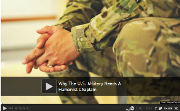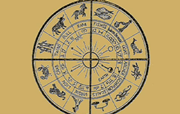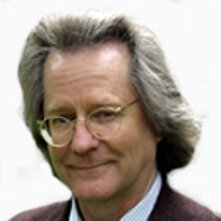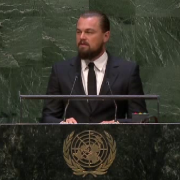
Americans have countless stereotypes about people from different regions of the country. There's the polite Midwesterner, the abrasive New Yorker, the Berkeley hippy, the gun-toting Texan. There is red America and there is blue, and never the twain shall meet. But a study of conservative cities published in American Political Science Review suggests that the United States has a much more complicated political patchwork than we might expect.
TRUE to stereotype, San Francisco is the most leftie city in the union. But would people expect Washington, DC, to come second, ahead of Seattle (where it is legal to smoke pot) or the Democratic stronghold of Boston? On the other end of the scale, Mesa, Arizona is the most conservative large city, with a slew of Texan and Oklahoman municipalities high on the list. The data come from a study appearing this month in the American Political Science Review by Chris Warshaw of MIT and Chris Tausanovitch from the University of California at Los Angeles. They brought together seven large-scale surveys that accounted for more than 275,000 people. It confirms the conventional wisdom that most big cities swing liberal. And there are fascinating intrastate differences in political views, such as between Colorado Springs and Denver, or Toledo and Cleveland. The study finds that, contrary to the academic literature, cities are largely responsive to residents' political views.
In order to determine which cities are most conservative, researchers analyzed large-scale surveys that questioned residents of over 1,600 towns and cities about a range of policy areas, from education to healthcare. Study authors Chris Tausanovitch of UCLA and Christopher Warshaw of MIT created an ideological score for each city based on these responses. The final study looks at the 51 U.S. cities that have at least 250,000 residents.
Some of their findings, like the fact that America's biggest urban centers lean toward the liberal side of the spectrum, are unsurprising. But there is a remarkable ideological range within states, and beyond the top contenders, the rankings aren't what you might expect. Mesa, Arizona's title as the most conservative city in the country fits in with our preconceptions about national politics, but the fact that Buffalo, New York is more liberal than Chicago or that Portland doesn't even crack the top 10 is more of a surprise. According to their results, San Francisco is the most liberal city, followed by Washington DC and Seattle.
The most interesting takeaway of the study is that ideology has tangible effects on policy at the municipal level. Academic literature has long held that city officials are unresponsive to their constituents, thanks to the constraints placed on them by state and federal governments and the impossibility of catering to a constantly changing demography. Yet as it turns out, "the substantive impact of citizens' preferences on policy outcomes is quite large." The most liberal cities have higher taxes per capita, rely on less regressive tax systems, and spend twice as much per person as their most conservative counterparts. And as Hunter Schwarz points out at the Washington Post, "even cities with governments designed to be less partisan, with institutions like nonpartisan elections and professional managers instead of elected mayors, are in line with residents' political beliefs."
Check out the top 10 most and least conservative cities below.
Most Conservative
- Mesa, Arizona
- Oklahoma City, OK
- Virginia Beach, VA
- Colorado Springs, CO
- Jacksonville, FL
- Arlington, TX
- Anaheim, CA
- Omaha, NE
- Tulsa, OK
- Aurora, CO
Most Liberal
- San Francisco, CA
- Washington, DC
- Seattle, WA
- Oakland, CA
- Boston, MA
- Minneapolis, MN
- Detroit, MI
- New York, NY
- Buffalo, NY
- Baltimore, MD
Published in American Political Science Review by Chris Warshaw of MIT and Chris Tausanovitch from the University of California at Los Angeles.
 Video: World's Oldest Freethought Publication
Video: World's Oldest Freethought Publication Video: Theism is Not Rational by Aron Ra.
Video: Theism is Not Rational by Aron Ra.


 Video: A C Grayling Discusses Humanism
Video: A C Grayling Discusses Humanism Video: Leonardo DiCaprio
Video: Leonardo DiCaprio 30 Of The Most Violent Exhortations From The Bible, Torah, And Quran
30 Of The Most Violent Exhortations From The Bible, Torah, And Quran











